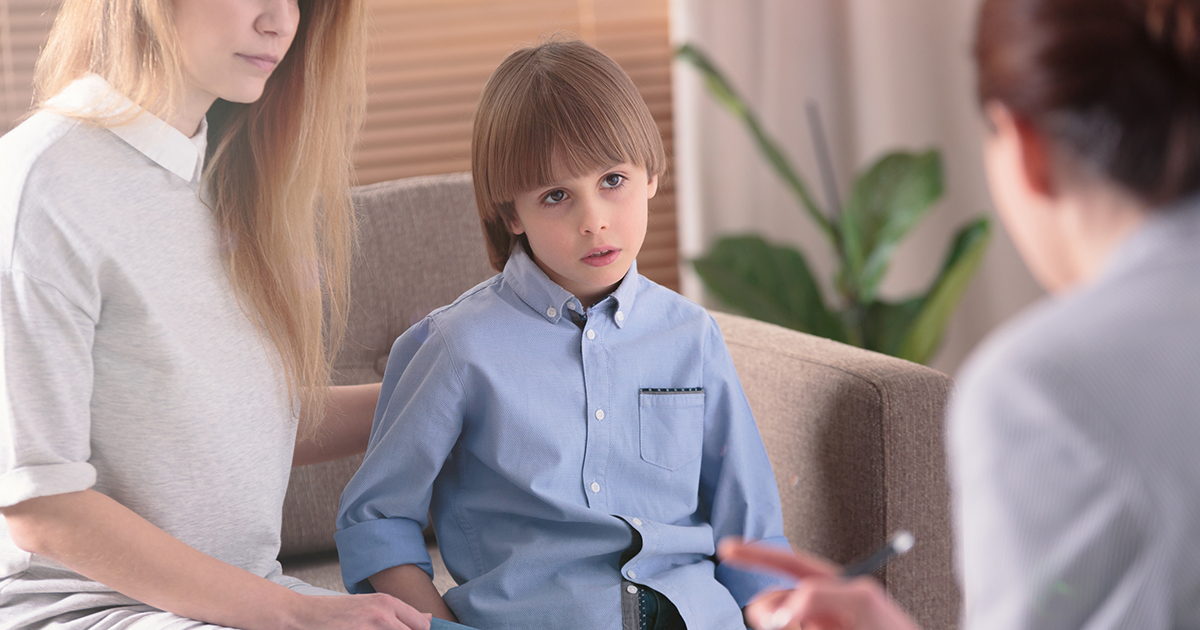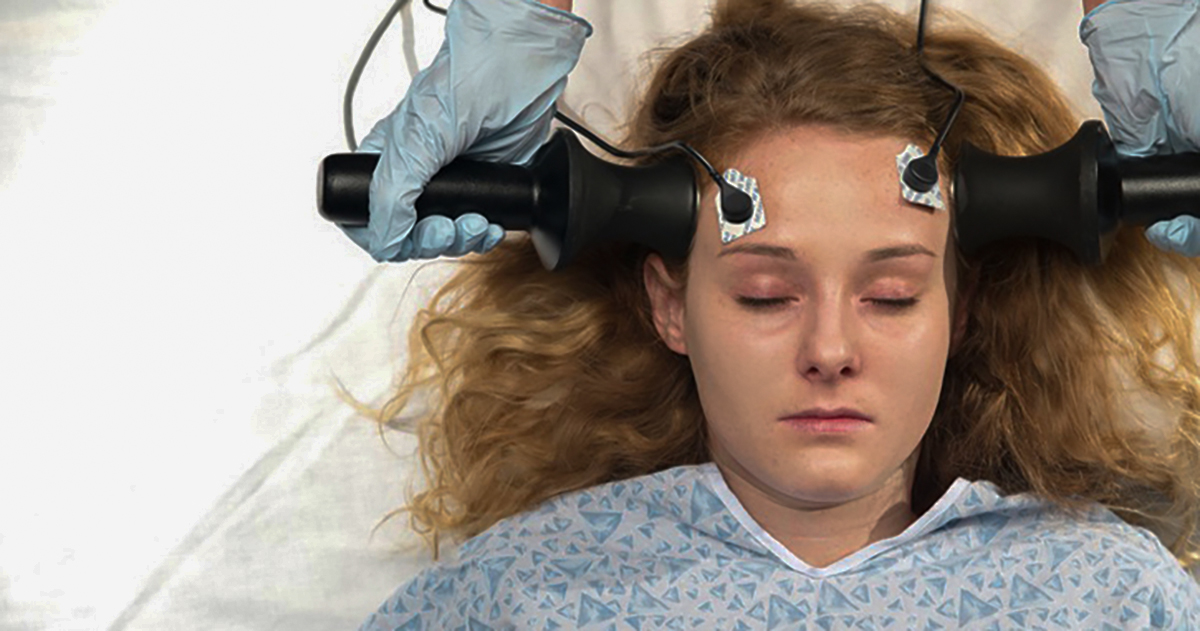The Best Ways To Treat Postpartum Depression
Support Network

It is important to be an active participant in a support network, such as one made of family members. It is possible you might discover other women in your family have also suffered from postpartum depression. Women, particularly new mothers, tend to put pressure on themselves to be perfect and keep their feelings to themselves as not to appear less so. As a result, they begin to have feelings of inadequacies and resentment when, in fact, many women go through the same feelings.
If you are not comfortable speaking to family members or friends with kids, join a support group for women with PPD. You should be able to find one nearby, even if you live in a small town. These groups can help teach coping skills from other mothers that you may not learn from therapy. It can also be incredibly helpful and beneficial to meet new mothers in your area to help with additional parental challenges in the future.
Electroconvulsive Therapy

Electroconvulsive therapy (ECT) is perhaps lesser known than psychotherapy. However, many women experience positive results with this form of treatment. ECT is one in which minor electrical currents pass through the brain to intentionally create a harmless and momentary seizure. It is believed electroconvulsive therapy will make changes in the woman’s brain chemistry, thus reducing postpartum depression symptoms.
ECT is typically used for women who do not respond to other treatments, or if women have postpartum psychosis instead of PPD. It is important to note this type of treatment can make it difficult for a woman to breastfeed. It is also possible hospitalization may be necessary to receive electroconvulsive therapy.
